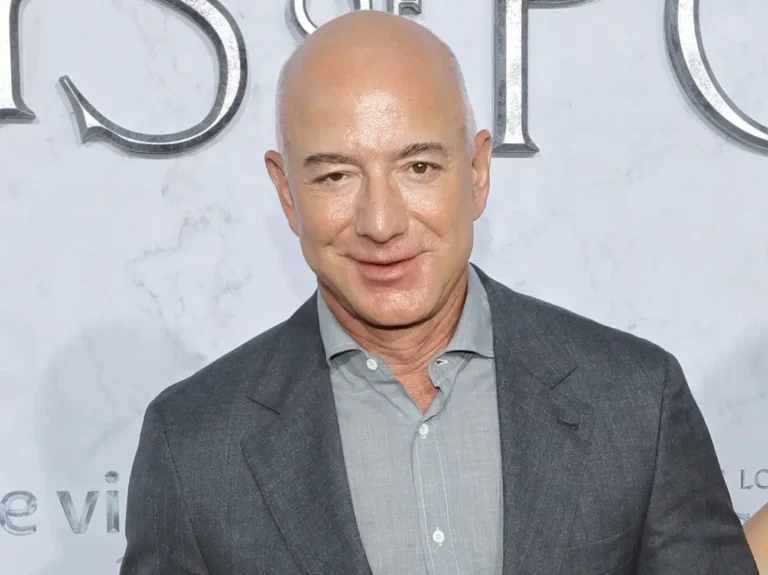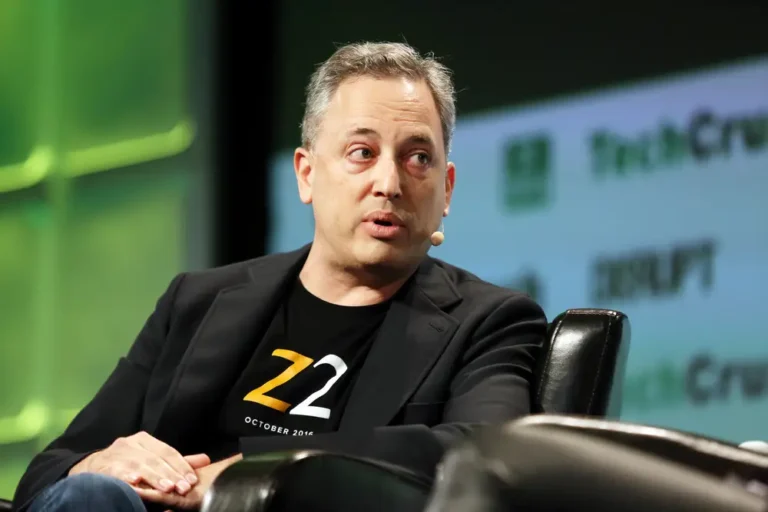Some startup founders say VC influence is ‘debilitating.’ Here’s why they are turning down outside funding and bootstrapping instead.

- Following a funding cooldown in 2022 and 2023, more founders are bootstrapping their startups.
- Bootstrapping lets founders keep more control over their companies compared to taking VC money.
- Bootstrapping also allows startups be nimble and pivot to find product-market fit.
Jon Nordmark is no stranger to venture capital: his dot-com-era startup, eBags, raised $35 million in venture capital before being acquired by Samsonite for $105 million in 2017.
However, when it comes to his current startup, Iterate, an AI platform for businesses, Nordmark is adamantly opposed to relying on outside funding.
“When you’re venture-backed, you have investors with board seats who are strategic influencers in the company, but it sometimes feels like more than that,” he said in an interview with Insider. “They have an opinion on what they do or do not want you to do. In my experience, it’s crippling.”
Nordmark is part of a growing group of founders who prefer bootstrapping, or growing businesses without the help of outside investors. Previously regarded as a sign that a startup was doomed to fail or was of insufficient quality to warrant the attention of venture capitalists, the tech industry is now warming to self-funding as a way to avoid the pressures of VCs hungry for exponential returns.
The current market, which has seen a decrease in VC funding for nearly every industry except AI, has resulted in startups scrambling to stay afloat and, in some cases, shutting down entirely. Following a record-breaking 2021, VC funding slowed in 2022 and has remained low this year, leaving few options for startups nearing the end of their runway.
Six startup founders interviewed by Insider also say that in some cases, they actively reject funding opportunities in order to maintain maximum control over their business plans. Lack of VC board members has also aided founders in quickly pivoting their startups and determining product-market fit, which is all the more reason to stay away from a term sheet, they claim.
Nordmark says he talks to multiple “big growth venture firms” each week and maintains relationships with VCs from top firms like Benchmark, which invested in multiple rounds of funding for the e-commerce company two decades ago.
His connections are insufficient to persuade him.
“It’s not something that gets us super excited, and it’s not the end game,” he explained. “When you take the money, the bar is raised significantly.” We want the pressure to be our own, not something imposed from without.”
Founders are staying bootstrapped to keep control of their companies and make changes on fly, without outside input
Bootstrapping isn’t a new phenomenon: many early-stage startups, including tech behemoths Meta, Apple, and Oracle, have historically scrounged for cash to get things up and running before turning to investors for seed or Series A funding.
MailChimp was famously bootstrapped until it was acquired by Intuit.
Bootstrapping, according to founders who have avoided VC funding, allows them to go — and grow — at their own pace.
“You become a founder to get permissionless leverage,” Brooke LeBlanc, founder of the bootstrapped sobriety startup Edge, explained. “If you’re waiting for VCs to return from vacation, or the economy to improve, or whatever, you’re not doing your job to push forward regardless of market conditions.”
Dr. Bobbi Wegner, a clinical psychologist who left her practice to launch the group workshop and psychology startup Groops, said she was trying to raise funds earlier this year but had to stop when SVB failed and had to turn down a position in the prestigious Techstars Boston accelerator program.
In retrospect, avoiding outside investment enabled her team to pivot Groops, which was previously a direct-to-consumer model, to a business-focused model.
“Not having outside capital gave us this opportunity to maintain authenticity and integrity, as well as the ability to stay connected to what we were seeing in front of us versus outside voices shaping what may or may not be right,” she explained. “That really feels good.”
For some startups, it’s the other way around: after receiving VC funding early on, some founders say they’re hopeful they won’t need to seek funding from a large firm again.
“Our most recent round was a Series D, but that’s it,” Crunchbase CEO Jager McConnell told Insider. “From now on, we’re not raising because we’re sustainable, which is required for a successful business.” We can continue to grow without the need for venture capital.”
To be sure, some startup founders continue to accept large sums from venture capitalists when the timing is right. SimpleClosure, which uses AI and legaltech to assist failing startups in properly shutting down, recently raised $1.5 million in pre-seed funding.
Founder Dori Yona had planned to bootstrap, but after being approached by VCs, he ended up raising a round to scale quickly enough to meet the looming startup “mass extinction event.”
However, following the fundraising frenzy of 2021, the startup community will have the opportunity to remember that venture capital is not only not for everyone, but is also not right for the majority of companies, according to Jason Burke, who bootstrapped his startup AllStage with the goal of bringing more collaboration to early-stage investing and fundraising.
“All of the headlines are about Company X, which raised millions, but there are 99 other companies that didn’t,” he told Insider in an interview. While bootstrapping isn’t for everyone – Burke pointed out that the method can be biased towards more established founders with plenty of their own capital – it’s a more viable path than ever before.
“Thanks to toolsets and cloud software that makes things faster and easier,” he said, “it’s less expensive to build a software company in 2023 than it was in 2003.” “Bootstrapping should happen more often.”
The date has been changed to September 15, 2023. The name of Crunchbase’s CEO was misspelled in an earlier version of this story. Jager McConnell, not Even Jager, is his name.






